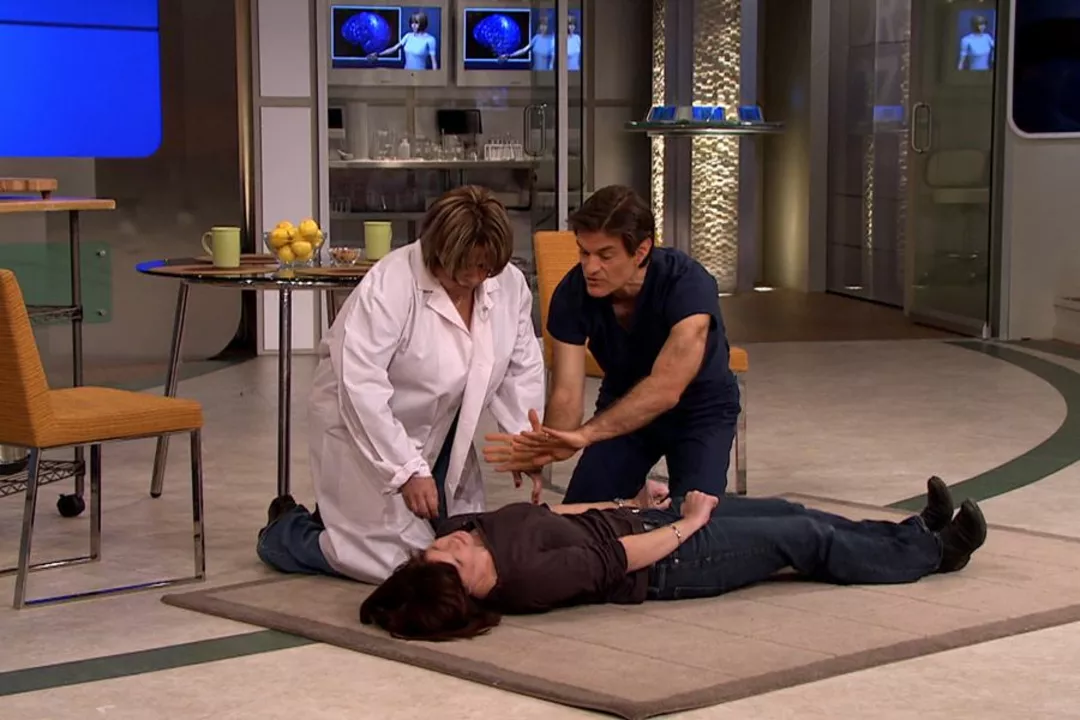Amlodipine: Uses, Dose, Side Effects, and Practical Tips
High blood pressure often has no symptoms, but it quietly increases the risk of heart attack and stroke. Amlodipine is a popular calcium channel blocker that relaxes blood vessels to lower blood pressure and treats angina. Many people find it effective and easy to use, but knowing the basics helps you stay safe.
How amlodipine works and dosing
Amlodipine widens arteries by blocking calcium entry into smooth muscle cells. That lowers vascular resistance and reduces blood pressure. Doctors prescribe it mainly for hypertension and for chronic stable angina. It is often used alone or combined with ACE inhibitors, ARBs, or diuretics when one drug is not enough.
Typical starting doses are 2.5 mg or 5 mg once daily for adults. Your doctor may increase the dose to a maximum of 10 mg based on response and side effects. Take amlodipine at the same time each day, with or without food. If you miss a dose, take it when you remember unless it is almost time for the next dose; don’t double the dose.
Pregnant or breastfeeding people should discuss options with their provider because amlodipine is not a first-line choice in pregnancy. Older adults may start at lower doses due to sensitivity to low blood pressure and dizziness. People with liver disease may need dose adjustments since the drug is metabolized by the liver.
Side effects, interactions, and practical tips
Common side effects include ankle swelling, flushing, headache, and tiredness. Swelling happens because blood pools in the legs; resting and elevating the feet can help. If swelling is sudden or severe, or if you have shortness of breath, get medical help.
Avoid large amounts of grapefruit or grapefruit juice while on amlodipine because it can raise drug levels and increase side effects. Tell your doctor about other blood pressure medicines, strong CYP3A4 inhibitors, and supplements. Your doctor may adjust doses or choose different drugs to avoid problems.
Check your blood pressure at home and bring readings to appointments so your doctor can see trends. Rise slowly from sitting to reduce dizziness. Wear shoes that support swollen feet and avoid standing for long periods if you develop swelling. Don’t stop the medicine suddenly; a gradual plan with your doctor is safer.
Seek emergency care for chest pain that is worse or different, fainting, severe shortness of breath, or signs of an allergic reaction such as swelling of the face, lips, or throat. For less urgent concerns like persistent dizziness or weight gain from swelling, contact your provider for advice.
If cost is an issue, ask about generic amlodipine or patient assistance programs. Generic versions work the same and usually cost much less. Always check pharmacy labels and ask questions if anything looks different. Keep all follow-ups scheduled and documented.

